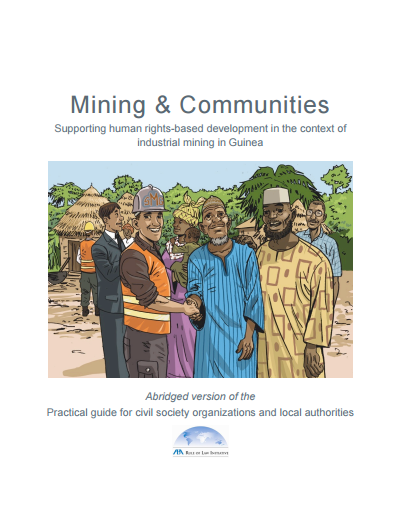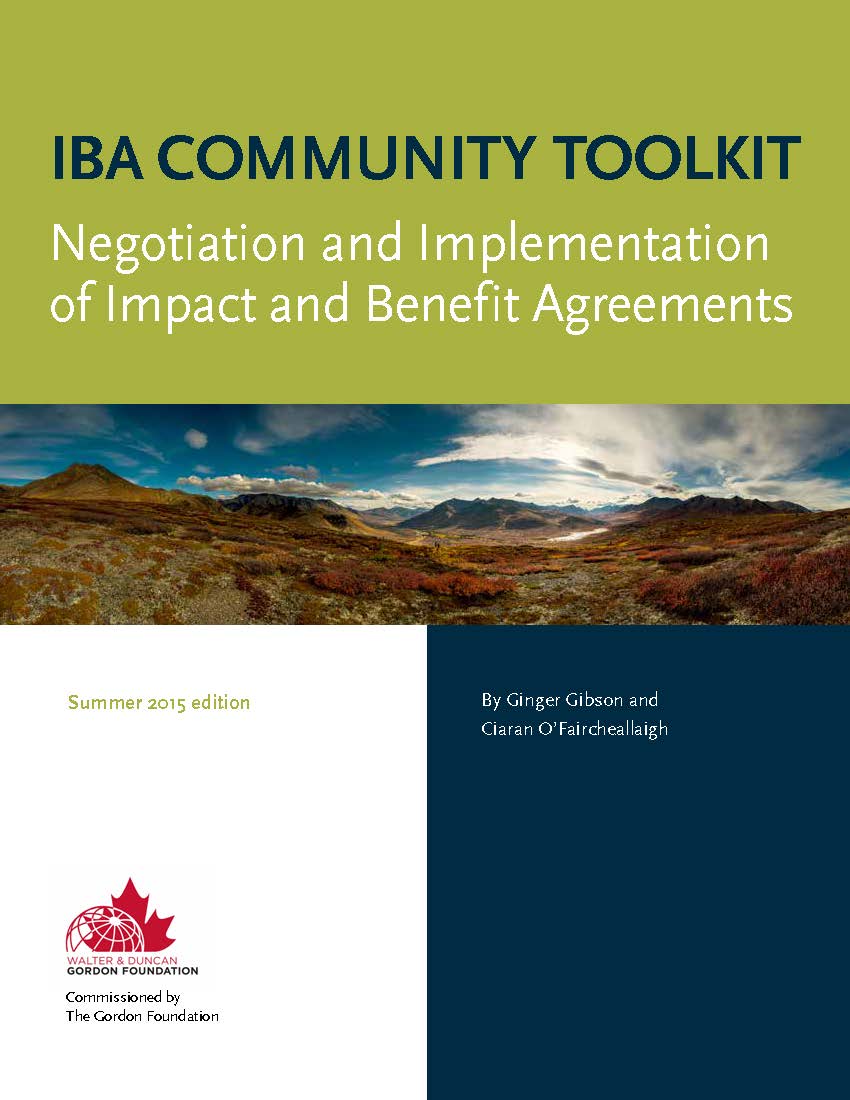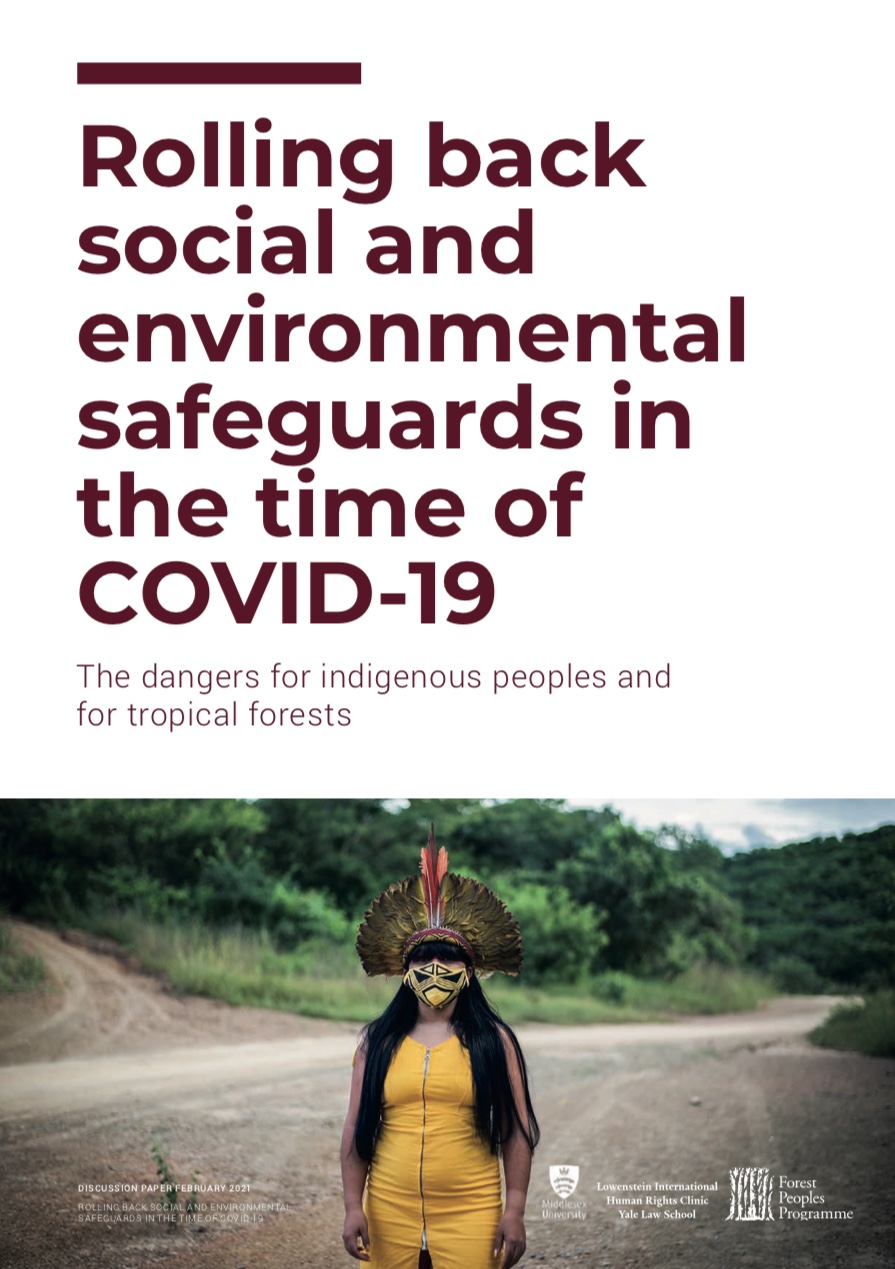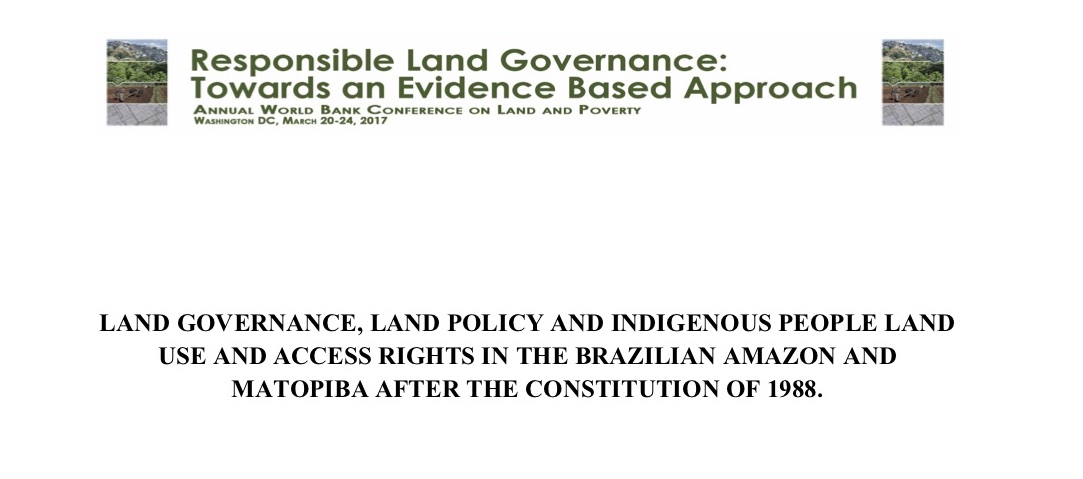Impacts of formal and informal wood exports on Cambodian economy : input output analysis; final draft
The Cambodian government allowed 1,204,750 hectares as economic land concession (ELC) to 118 local and international companies. Global Witness reported that 2.6 million ha had been given in 272 ELCs, mainly for rubber plantations. Many concessionaires do not comply with their contracts, nor with existing land and forest laws. Government revenues from timber exports are extremely low. Deforestation, and removal of luxury timbers has increased dramatically. Land concessions rob local communities of their income from non-timber forest products.











